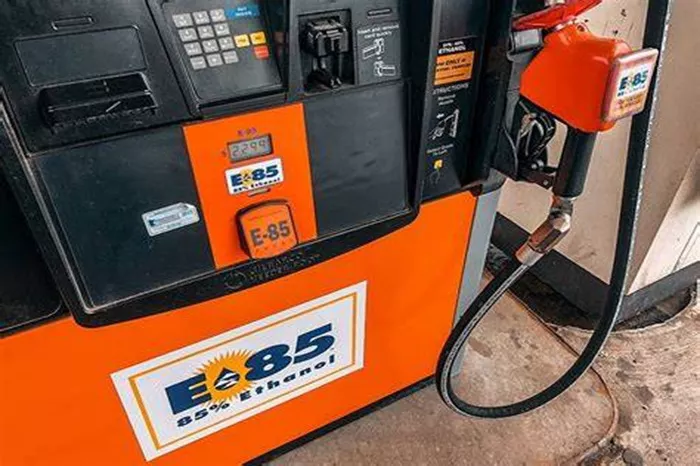New research highlights 100% renewable Superethanol-E85 as a promising alternative to traditional fossil fuels, offering significant reductions in CO2 emissions and regulated pollutants in road transport.
The study arrives at a critical time as the European Union, under a 2023 regulation, aims to ban the sale of new cars emitting fossil-based CO2 from 2035. This regulation emerges amid growing concerns over the feasibility of an all-electric vehicle future, leaving room for the development and definition of carbon-neutral fuels.
The ethanol industry advocates for the inclusion of sustainable biofuels within the scope of carbon-neutral fuels, asserting that these alternatives can be as climate-friendly as fully electric vehicles. Supporting this claim, the Systems Simulations, Analyses & Experimentations Department within IFPEN’s Mobility & Systems Division conducted research testing three types of 100% renewable Superethanol-E85. This blend combines bioethanol with three renewable fuel types in a flex-fuel commercial vehicle compatible with E85.
Results from this research indicate that Superethanol-E85, even when mixed with new 100% renewable components, not only meets but exceeds the performance standards set by the current Euro 6 light passenger and commercial vehicle emissions standards. Moreover, the findings suggest that these new mixes will comply with the forthcoming Euro 7 vehicle emissions standards, set to take effect in late 2026.
A 2022 IFPEN paper further bolsters the case for Superethanol-E85, demonstrating that the environmental performance of plug-in hybrid vehicles running on 100% renewable Superethanol-E85 is at least equivalent to that of all-electric vehicles. This equivalence is particularly notable in plug-in hybrid compact cars, considering total greenhouse gas emissions over the vehicle’s life cycle, both today and projected into 2040.
Given the challenges facing all-electric solutions and the diverse mobility needs across industries such as aviation, shipping, and haulage, 100% renewable Superethanol-E85 presents a viable option for eliminating fossil fuel dependency in new vehicles post-2035. This blend, which combines bioethanol and petrol-type hydrogenated vegetable oil (HVO), is already in use in California, where it constitutes a third of the E85 volumes sold. Its deployment in France ahead of the 2035 deadline appears feasible.
In summary, 100% renewable Superethanol-E85 stands out as a strong candidate to complement and perhaps even compete with all-electric solutions in the drive towards a carbon-neutral future in transportation.
Related topics:

